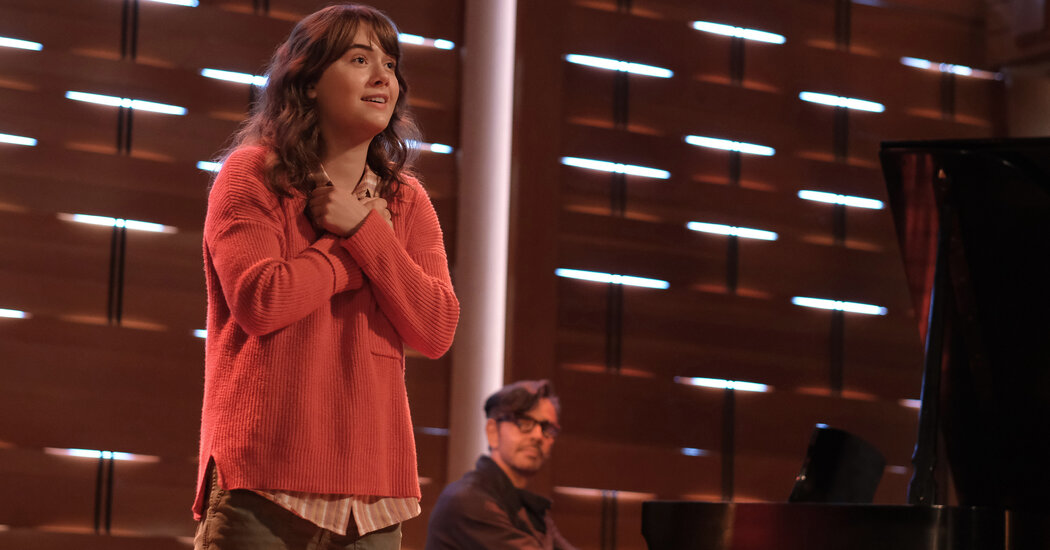
Like Frank in the movie, both Beacom and Holcomb have children who love to sing. To find out what their children sounded like, both said they simply asked hearing people to describe it. And despite the fact that many deaf people love music, the idea that they cannot enjoy it is a trope seen again and again in Hollywood. It’s predicated on the idea that deaf people are missing out, even though most aren’t overly focused on their inability to hear music, said Lennard Davis, a CODA and the author of numerous books on disability and Deafness. He calls it a “fake issue” in the movie.
Davis said he wished instead that the movie had focused on issues that real CODAs experience, like being unable to easily call for their parents in a crisis or interpreting in moments that are upsetting or emotionally charged for them.
A scene that especially upset him was one that was meant to be funny. Frank, experiencing jock itch, and Jackie are at the doctor, with Ruby translating for them. After Frank shares comical details about his genitals, the doctor rules out sex for two weeks. But Ruby tells her parents they need to avoid sex forever. To Davis, the deaf parents became the butt of the joke, and the scene made light of what CODAs go through when interpreting in a pinch.
“I had to tell my mother that her father died,” Davis said. “That’s more of the tragedy of the difficulty of being a CODA, not this kind of ha-ha let’s laugh at the parents and this situation,” he added.
Adrian Bailey, 39, a CODA from Bristol, England, also said the scene was upsetting. A few years ago, his father was admitted to the emergency room and Bailey had to translate, telling his father that he had nearly died.
Bailey acknowledged that while some children do get put in funny or awkward interpreting situations, he said that “as a community, we can laugh about that together, but to expose that to a hearing world that doesn’t understand these things, that’s not OK. I think that crossed a line.”



